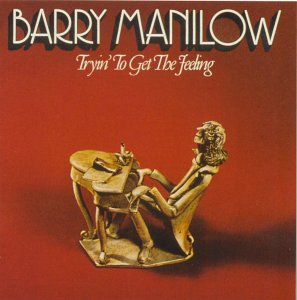
Tryin' to Get the Feeling is the third studio album by singer-songwriter Barry Manilow, released in 1975. It features the title track, "Tryin' to Get the Feeling Again", together with other hits including "New York City Rhythm", "Bandstand Boogie" and the chart-topping "I Write the Songs". The album debuted on the Billboard Top 200 Chart on November 8, 1975, reaching number five in early 1976, and eventually was certified double platinum. It peaked at No. 24 on Canada's RPM Album Chart.
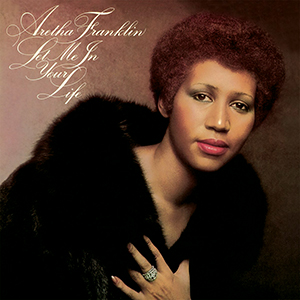
Let Me in Your Life is the twentieth studio album by American singer Aretha Franklin, released on February 26, 1974, by Atlantic Records.
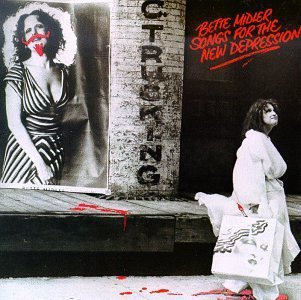
Songs for the New Depression is the third studio album by the American singer Bette Midler, released in early 1976 on the Atlantic Records label. The album was released on CD for the first time in 1990. A remastered version of the album was released by Atlantic Records/Warner Music in 1995. A limited edition remastered version of the album was released by Friday Music in 2014.
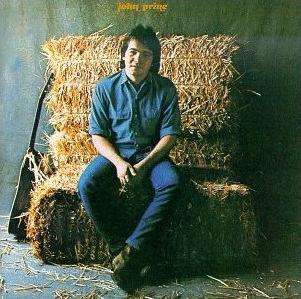
John Prine is the debut album by American country/folk singer-songwriter John Prine, issued by Atlantic Records in 1971. In 2012, the album was ranked number 452 on Rolling Stone magazine's list of the 500 greatest albums of all time. It was later ranked number 149 in a revised version of the list published in 2020.
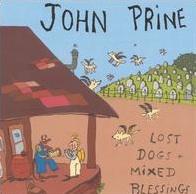
Lost Dogs and Mixed Blessings is the 12th studio album by American folk singer John Prine, released in 1995. The cover artwork is by John Callahan.

Aimless Love is the eighth album by American folk singer and songwriter John Prine, released in 1984. It is his first release on his independent record label, Oh Boy Records.
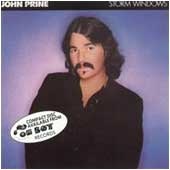
Storm Windows is the seventh album by American folk singer and songwriter John Prine, released in 1980. It was his last release on a major label; he joined Al Bunetta and Dan Einstein to form Oh Boy Records, on which all his subsequent recordings were released.

Pink Cadillac is the sixth studio album by the American musician John Prine, released in 1979 on Asylum Records. The working title was Storm Windows, which Prine used for his next album.

Bruised Orange is the fifth album by American folk singer and songwriter John Prine, released on May 16, 1978.
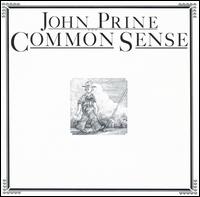
Common Sense is the fourth album by American folk singer and songwriter John Prine, released in 1975.

Diamonds in the Rough is the second studio album by American country-folk singer-songwriter John Prine, released in 1972.

Naughty is the second solo album by American R&B and funk singer Chaka Khan, released on Warner Bros. Records in 1980.
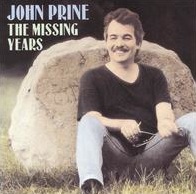
The Missing Years is the 10th studio album by American folk musician John Prine, released in 1991 on Oh Boy Records. It won the Grammy Award for Best Contemporary Folk Album. In July 2003 the label released a deluxe vinyl reissue of the album with a bonus track called "The Third of July" from Prine's appearance on the PBS concert series Sessions at West 54th in 2001.

Love All the Hurt Away is the twenty-seventh studio album by American singer Aretha Franklin. It was released on August 20, 1981. This album is the singer's second release under the Arista Records label. The Arif Mardin-produced disc reached fourth place on Billboard's R&B albums chart and number 36 on the main Billboard album chart, selling roughly 250,000 copies in the US.

German Afternoons is the ninth album by American folk singer and songwriter John Prine, released in 1986.

Live on Tour is a live album by American singer-songwriter John Prine, released in 1997. The album also include three studio tracks.
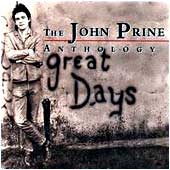
Great Days: The John Prine Anthology is a compilation album by American folk singer John Prine, released in 1993.
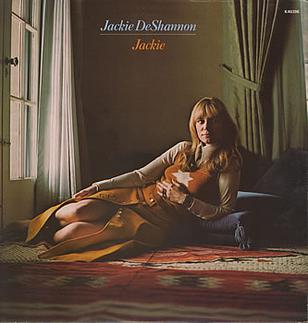
Jackie is an album by American pop singer and songwriter Jackie DeShannon, released in 1972 by Atlantic Records. It was recorded in Memphis with producers Jerry Wexler, Tom Dowd and Arif Mardin.

Somebody Else's Troubles is an album by singer/songwriter Steve Goodman, released in 1972. The record received favorable reviews but failed to sell. Goodman soon left Buddah Records and signed with Elektra Records. Bob Dylan contributes piano on the title song under the pseudonym of Robert Milkwood Thomas. John Prine is standing second person from left to right. Jimmy Buffett is standing between Prine and Goodman's wife Nancy. In 1990, the album was released on CD by Sequel Records.

Jessie's Jig & Other Favorites is an album by singer/songwriter Steve Goodman, released in 1975. It was Goodman's first release on Asylum Records. Jethro Burns and Vassar Clements contributed to the album.




















